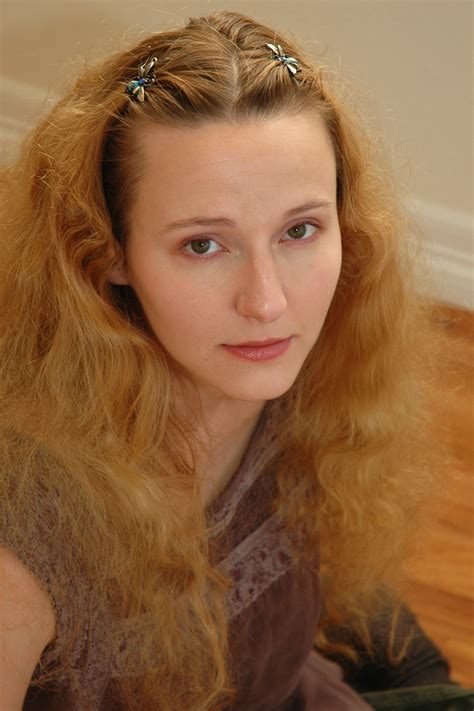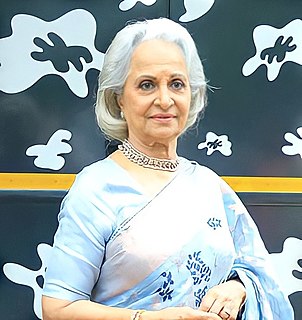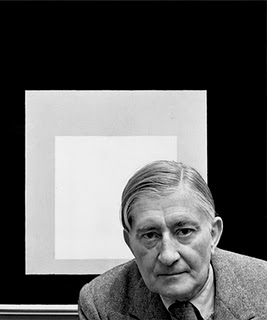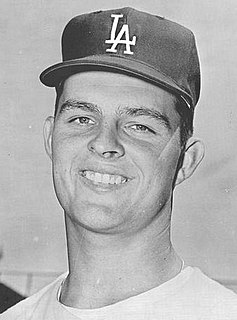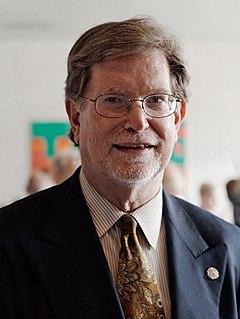A Quote by Aleksandra Mir
I wouldn't say the anthropologists were making art, but they were definitely justifying their practices with very personal reasoning, passion, and they were also experimenting with form. There was a sense of trying to be as sincere as possible, whether you were investigating something far away from you or very close.
Related Quotes
I am in a space now where I can try anything; and with Pink Floyd we've always been in a space where we were able to try out anything. I think we were very young then and we were very keen to experiment and try things out. It seems to me that this sort of experimenting is like working yourself towards something and trying to find what you like and what you want.
It is (to describe it figuratively) as if an author were to make a slip of the pen, and as if this clerical error became conscious of being such. Perhaps this was no error but in a far higher sense was an essential part of the whole exposition. It is, then, as if this clerical error were to revolt against the author, out of hatred for him, were to forbid him to correct it, and were to say, "No, I will not be erased, I will stand as a witness against thee, that thou art a very poor writer."
My parents were very, very close; they pretty much grew up together. They were born in 1912. They were each other's only boyfriend and girlfriend. They were - to use a contemporary term I hate - co-dependent, and they had me very late. So they had their way of doing things, and they reinforced each other.
In the thirties a whole school of criticism bogged down intellectually in those agitprop, social-realistic days. A play had to be progressive. A number of plays by playwrights who were thought very highly of then - they were very bad playwrights - were highly praised because their themes were intellectually and politically proper. This intellectual morass is very dangerous, it seems to me. A form of censorship.



